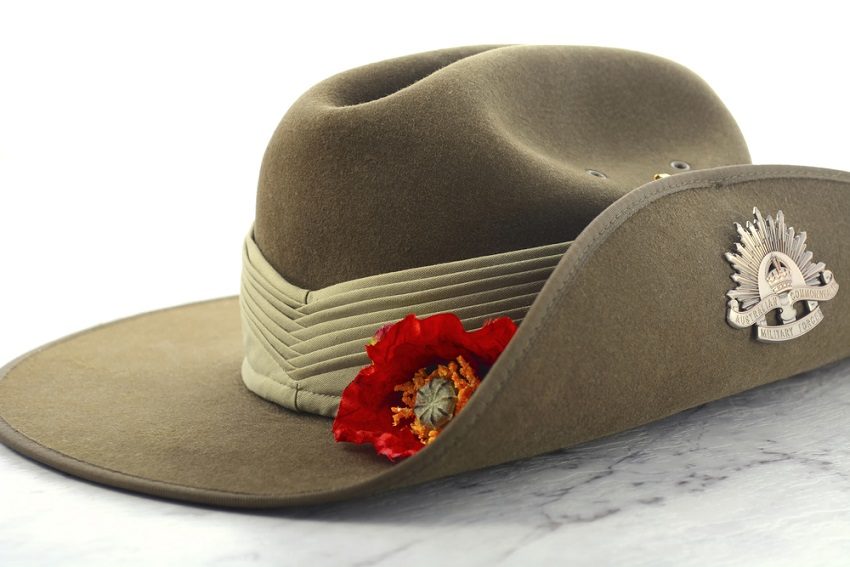Modern Times: Fates Worse than Death

At the end of April, the nation will stop. It will pause to acknowledge sacrifice. We will wake before dawn, drink beer and play two-up. Before the footy comes on, we will hear players from a couple of Victorian teams tell the rest of Australia what courage means to them. The next day, having fulfilled our duty to the fallen, national life will move on.
But true appreciation of what our soldiers have done for us surely requires more than fleeting recognition of the fallen. There is a fate worse than death, and our returning men and women continue to struggle with depression, anxiety and dislocation. The basis on which decisions to send our young to death and mental disintegration have been made also remains obscure. Serious meditation on these issues is needed, and should not be confined to a couple of days in April and again on Remembrance Day in November.
The Narrow Road to the Deep North, a novel by Richard Flanagan, beautifully describes all that was dreadful about forced labour of POWs on the Burmese railway line. In it, The Line described a “descent into madness … from reality to unreality … a length without breadth, a life without meaning, the procession of life to death. A journey to hell.” It completes a picture often left incomplete, through its focus on the life of a soldier who survived. For those who survive, a new inferno awaits.
The anguish of those who return often maintains a dignified silence. Some choose not to impose it upon loved ones. They instead opt leave the inferno forever. An in-law recently told me that their grandfather returned from The Line weighing less than 40 kilograms but with the unbearable weight of a memory from which he could never escape. Seven years later, he ended his anguish. Those returning from Afghanistan and Iraq face a similar challenge. In the first half of last year, more than 40 returning servicemen and women died by suicide in Australia.
This remains in the shadow of our national consciousness and public discourse. It is avoided on most Anzac and Remembrance days, but Jeff Kennett pointedly dedicated a speech last November to those in whose memory his audience gathered – and for those who “returned home, many with broken limbs, minds and spirits”. He asked why “we as a nation have not been able to provide sufficient help – the services – that might have prevented all or some of the suicides of our armed forces personnel”. Indeed.
Kennett’s speech was overdue. Such occasions in the past have been used to move public sentiment and enlarge the national spirit. On occasion, such as when Paul Keating made his speech ‘Funeral Service for the Unknown Australian Soldier’, the nation’s soul stirred. The Unknown Soldier was one of many, described by Keating as someone whose name we do not know and never will; he is “all of them, and one of us”. But we do know the names of those soldiers who survived. Our national leaders should walk beside them in search of a remedy, no matter how unsolvable their problems appear to be.
The leaders who make stirring remarks each year are also often (though not Keating) those who decide to send our young, mostly working class, to war. Such decisions should define a prime minister as much as legacies of economic or social progress; such decisions exert as great an influence on the national character. If you can imagine your son and daughter on the front line and still see merit in participating in a war, the decision to go is the right one. I wonder, knowing what we know now and what they knew then, how many of us would have decided to make war in Iraq?
Our reasons for deciding whether to send our young to the front line, and how we help those who survive it, should be removed from the shadows. It is possible to respect the memory of the fallen without ignoring the vulnerability of those who survived; to honour those who heed the call to arms while properly interrogating the way in which that decision was made.
It would be sign of a mature, confident nation.
If you need support or information about suicide prevention, contact Lifeline: 13 11 14